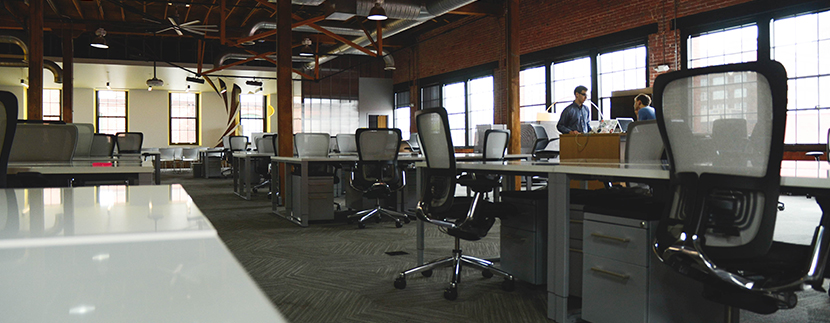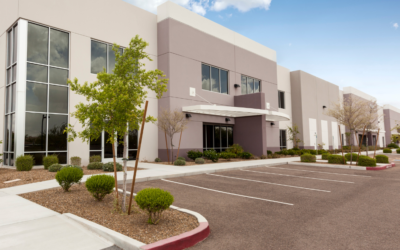If your business has specific operational needs, it can be hard finding a suitable space to function in. Do you need room for specialist equipment like a duplicator? Will you require high internet speeds? Will you need to install a conveyor belt to boost productivity? Whatever your needs are, you need to decide where you stand on ownership. Are you OK leasing the space or do you want to own it? Finding the answer to the question is generally an easy one – that is if you ask the right questions and have well-thought-out strategies.
Commercial Lease vs. Own – Profit and Benefits
Unless you have deep-seeded altruistic reasons for taking the risks associated with running your business, your primary and underlying goal is to make money. Therefore, the decision to own vs lease decision could be as simple as which makes the most money and offers your company the greatest operational benefits.
Having a commercial lease provides many advantages, many of which pertain to matters of flexibility. For many companies, they don’t have the capital required to purchase a building and/or they prefer to preserve that capital to directly invest in their business (such as equipment, inventories, etc). In a lease scenario, there is a very low risk of obsolescence because if a building or the technology & systems in the building become obsolete or dated, or if the location no longer suits your business, at the end of your lease term you can move to a better-located and more modern facility. Further, it is oftentimes easier to either expand or contract under a lease situation than it is in an ownership position.
However, for all of the flexibility a lease situation can afford the Tenant, there are also trade-offs. When you sign a lease, it is often difficult and generally expensive to get out of it until the term of your lease expires. You also lose control over your neighbors as well as control over how the building is operated and maintained.
As you might expect, the advantages and disadvantages to ownership are the opposite of the advantages and disadvantages associated with leasing, respectively. Generally speaking though, in addition to the reasons cited above, it comes down to economics.
As the owner of the building, you receive the full benefit of any appreciation of the asset whereas as a Tenant, not only will you not receive the benefit, over time you may ultimately pay more in rent if the building appreciates in value. As an owner, you can also lease out a portion of the building as an income stream and help defray your expenses. Over time, as your company pays down the mortgage, the equity position and/or cash flow to the owner increases and accumulates. Finally, depending upon your position in the building, it may be significantly easier to dispose of the asset if necessary than it would be to get out of an existing lease obligation thereby offering good flexibility.
Tax Implications
As to the Tax implications, the short-term benefit may favor leasing as your business is able to deduct the full value of your annual lease payments whereas as the owner of the building you would not be entitled to deduct your full mortgage payment, only the interest, (depending upon of course how the various entities are structure). However, you do gain the tremendous benefit of depreciation. As always, consult with your CPA or, in Australia, Tax Accountants Perth, on the tax implications. They will know all about the different tax saving strategies that you can try, so speak to them about your tax worries!
One of the often-overlooked drawbacks to ownership is the “Golden Handcuffs”. Having a large mortgage can affect your company’s balance sheet by increasing the owner’s long-term liabilities, which may lead to difficulty in obtaining additional debt needed for the continued operation and expansion of the company. However, there are proposed changes coming to the accounting regulations whereby all leases will be treated as capital leases, as opposed to operating leases, which would require the entire value of your lease, over the term of that lease, to be reported on your balance sheet (just as a mortgage would) as a long term liability. These could all be confusing when filing taxes and finance isn’t your cup of tea. Nevertheless, if you’ve got the help of BrooksCity Small Business Accountants or any chartered accountant, then you may not have to worry about the tax modifications coming in every now and then.
It Comes Down to Flexibility and Cost
So in sum, the decision to lease vs owning generally comes down to matters pertaining to flexibility and which option costs the least (i.e. more profitable). Your accountant or a good commercial broker can assist in wading through the financial costs, to definitively determine the least expensive (more profitable option) using your weighted average cost of capital or your opportunity costs.
What works for one, may not work for another so be sure to carefully examine your occupancy decisions with respect to your overall strategies to determine what makes the most sense, financially & otherwise.




